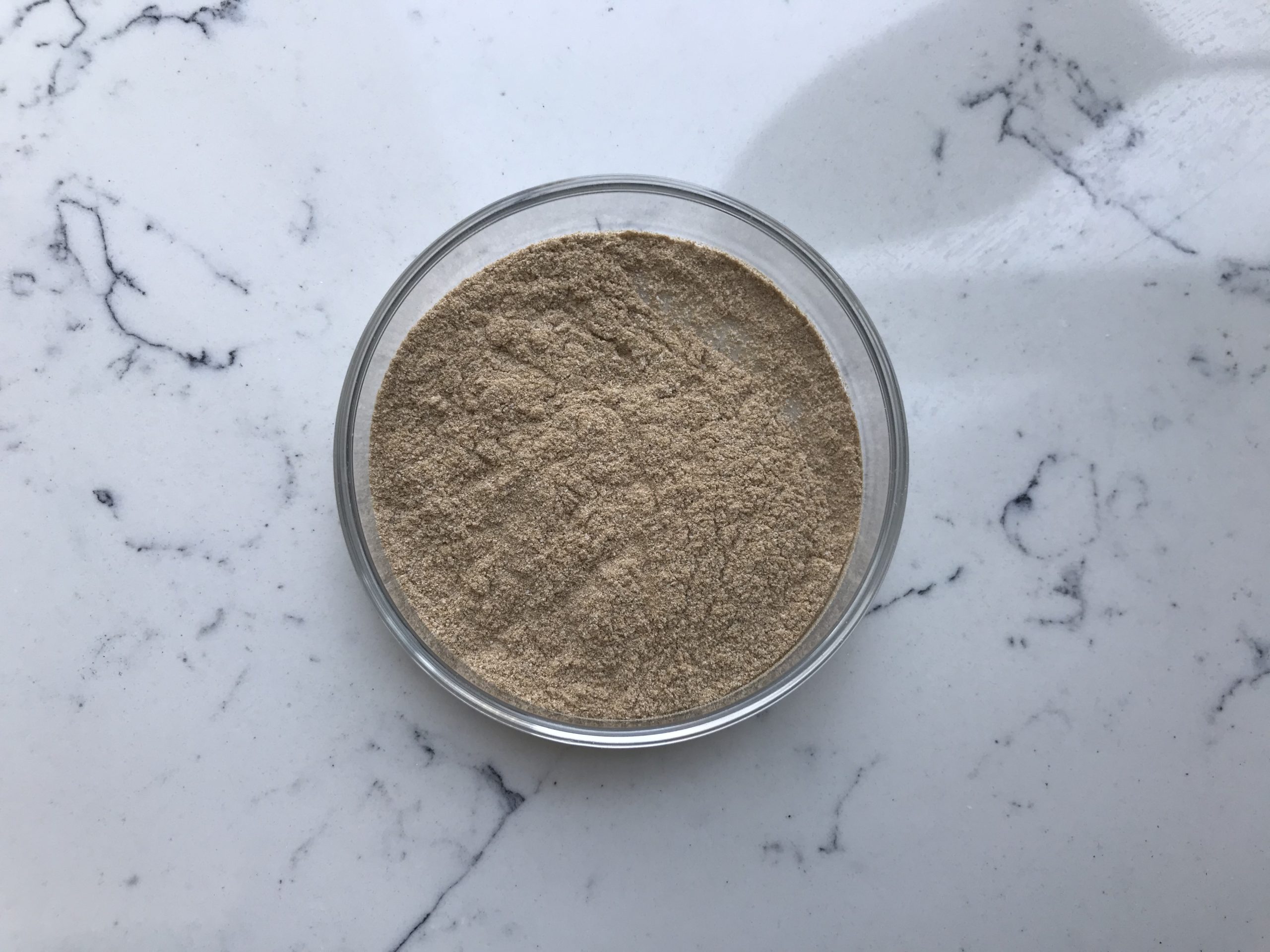Bacillus Megaterium is a Gram-positive, rod-shaped bacterium belonging to the Bacillus genus. Like other Bacillus species, it is known for its ability to produce endospores, which are dormant and highly resistant structures that help the bacterium survive harsh conditions.

The basic ingredients required for the growth and cultivation of Bacillus Megaterium in a laboratory setting typically include:
Nutrient Agar or Broth: A growth medium that provides the necessary nutrients, such as carbohydrates, proteins, vitamins, and minerals, to support bacterial growth.
Peptone: A hydrolyzed protein mixture that serves as a source of amino acids and peptides for the bacterium.
Yeast Extract: A source of vitamins, minerals, and other growth-promoting factors.
Agar (for solid media): A gelatinous substance derived from seaweed that solidifies the growth medium, allowing the bacteria to form visible colonies.
Distilled Water: Water free from impurities and contaminants.
PH Indicator: Often used to determine the acidity or alkalinity of the growth medium.
Autoclave: A machine used to sterilize the growth medium and other lab equipment.
Incubator: A controlled environment with appropriate temperature and conditions to encourage bacterial growth.
Inoculating Loop: A metal wire loop used to transfer bacteria to the growth medium.
It’s important to note that specific formulations of growth media may vary depending on the intended purpose of the Bacillus Megaterium culture and the experimental requirements. For more accurate and detailed information, scientists and researchers usually refer to specialized literature and protocols specific to their research area.

Effects of Bacillus Megaterium on crops
Bacillus Megaterium is a type of soil bacterium that has gained attention for its potential benefits in agriculture. When applied to crops, it can have several positive effects, including:
- Plant Growth Promotion: Bacillus Megaterium can produce plant growth-promoting substances such as phytohormones (e.g., auxins, cytokinins, and gibberellins) and siderophores, which enhance nutrient uptake and root development. This can lead to improved plant growth, increased biomass, and enhanced crop yield.
- Nutrient Solubilization: Bacillus Megaterium has the ability to solubilize mineral nutrients such as phosphorus and micronutrients (e.g., iron, zinc, and copper) from the soil. This enhances the availability of these essential nutrients to plants, leading to better nutrition and healthier crops.
- Biocontrol: Bacillus Megaterium produces antimicrobial compounds and enzymes that can inhibit the growth of plant pathogens, including fungi, bacteria, and nematodes. This biocontrol capability can help protect crops from various diseases and reduce the need for chemical pesticides.
- Stress Tolerance: Bacillus Megaterium can trigger systemic acquired resistance (SAR) in plants, which is a defense mechanism against various environmental stresses such as drought, salinity, and extreme temperatures. By inducing stress tolerance in crops, Bacillus megaterium can help them withstand adverse conditions and improve overall crop resilience.
- Phytoremediation: Bacillus Mgaterium has been studied for its ability to promote the growth of plants in contaminated soils, assisting in the removal or degradation of pollutants. By supporting phytoremediation, this bacterium can aid in environmental cleanup efforts.
- Improved Soil Structure: The presence of Bacillus Megaterium in the rhizosphere (the soil around plant roots) can lead to the formation of soil aggregates, which improves soil structure and water infiltration. Enhanced soil structure contributes to better nutrient and water retention, benefiting plant growth.

It’s important to note that the efficacy of Bacillus Megaterium as a crop-enhancing agent may vary depending on various factors, such as the specific strain used, crop type, environmental conditions, and application methods. Additionally, while Bacillus megaterium is generally considered safe and beneficial, it’s essential to follow proper guidelines for application and avoid overuse to prevent any potential negative impacts. Always consult with agricultural experts or local extension services for specific recommendations tailored to your region and crop requirements.
